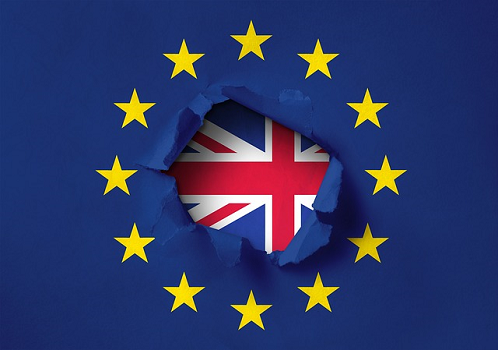The statement concludes: “We recognise these are high-level principles, in an environment of great complexity and detail. We will work closely with each other and with government to explore ways to give effect to these principles.”
This initiative by British business interests was supported by a statement by Business Europe, the umbrella organisation for EU employers’ federations, which said that Business Europe wishes to play a constructive role in establishing a sound model for future EU-UK relations, and urged negotiators on both sides to reach a withdrawal agreement as soon as possible, in order to begin talks on transitional arrangements and the future relationship.
This doesn’t really sound like UK Business and Commerce have bought into Boris Johnsons assertion about Brexit in his Daily Telegraph column in February 2016 that
“This is a moment to be brave, to reach out – not to hug the skirts of Nurse in Brussels, and refer all decisions to someone else,”
At the hub of this are concerns over stepping away from the Single Market which is defined by the free movement of goods, capital, services and people, common tariffs and regulations. Not forgetting of course the Euro allowing trade in a common currency. But why should that be a concern? The British economy is based on British institutions forged out of a Great Britain and British Business and Commerce surely. And we still have Sterling, that most British of British institutions. Don’t most of our finest, if not all, noble and successful British Companies stamp their British identity by adding UK after their name. Or are the great British public, defined by their selfless devotion to monarch and country blinded by that same nationalist leaning.

